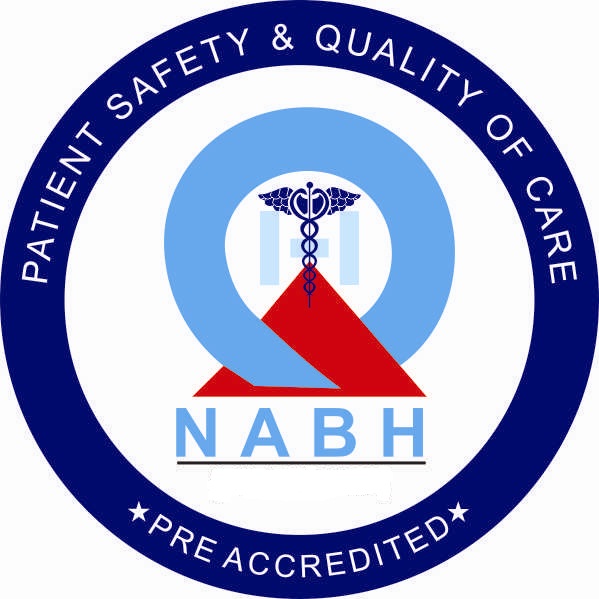What is conjunctivitis?
The surface membrane of your eye is known as the conjunctiva. It forms a thin transparent layer over the white of your eye and under your eyelids. Conjunctivitis means inflammation of the conjunctiva. It has several causes:
- An infection (bacteria or viruses, usually flu or cold viruses)-infective conjunctivitis.
- An allergy-allergic conjunctivitis.
What are the symptoms of infective conjunctivitis?
Infective conjunctivitis can affect one eye or both eyes. The whites of your eyes can look inflamed, swollen and red. Your eyes may feel gritty, watery or sticky and your eyelids may become swollen and get stuck together, especially in the mornings. Your vision may be blurred due to tears or sticky discharge. You may also get flu-like symptoms such as a sore throat, fever, muscle ache, and feel generally unwell.
What are the treatment options for infective conjunctivitis?
- No treatment–most infections clear up on their own within a few days to a few weeks.
- Antibiotic eye drops or ointment–viral infections do not respond to antibiotics and the infection may last for two to three weeks before your natural immunity is able to build up enough to clear the virus. Antibiotic drops or ointment may be helpful in conjunctivitis caused by bacteria.
- Lubricant eye drops, gel or ointment–these may help reduce discomfort and grittiness, but will not reduce the duration of the illness.
- Simple painkillers such as paracetamol or ibuprofen tablets can ease the discomfort and flu-like symptoms.
- Regular lid cleaning–you can clean sticky discharge or secretions from your eyes with a clean flannel soaked in warm water.
- Steroid eye drops are occasionally used in severe cases.
What is the infection risk to others?
Viral conjunctivitis is contagious and spreads very easily through water droplets (coughs and sneezes) or contact with tissues, flannels, towels, pillowcases and even door handles. They can also be caught through droplets spread by sneezing and coughing. Not sharing towels/pillows and encouraging your child to wash their hands often is important to reduce the spread.
Frequent hand-washing and proper disposal of used tissues is important in preventing the spread of the condition to other family members or work colleagues.
Advice for contact lens wear. Contact lenses should not be worn until symptoms have completely cleared.
Are there any complications?
Occasionally, viral conjunctivitis can cause inflammation on the cornea, the front window of the eye, or scarring of the conjunctiva, which can affect the sight, however this usually responds well to treatment.
When to seek advice?
If you develop further blurred vision or noticeable eye pain, or if you see any blisters or spots on your eyelids, you should call for advice.


